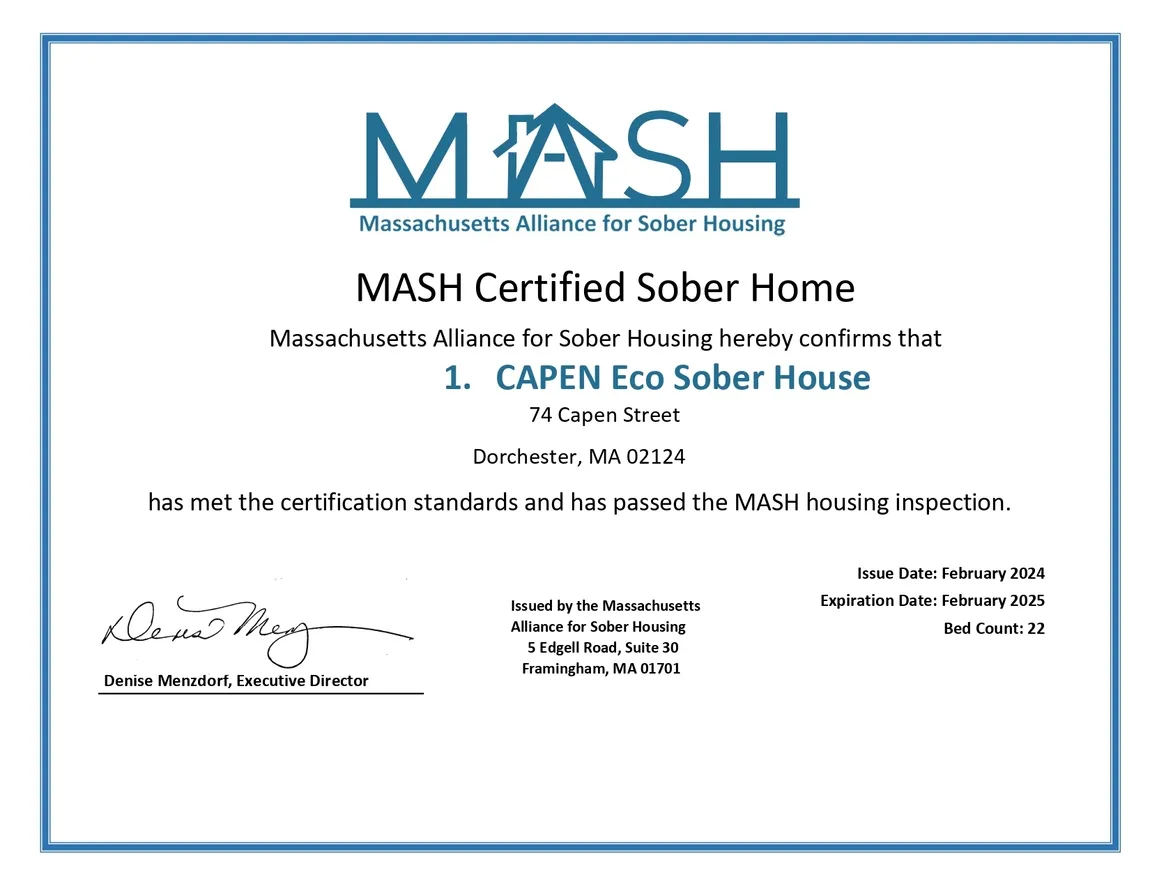
How did your night go from Stranger Things to strange feelings in your stomach and scattered thoughts in your mind? Well, brace yourself as we dive into the somewhat squiffy world of alcohol and explore what being drunk really feels like. After experiencing what it’s like to be drunk comes the inevitable hangover for many people—a physical reminder that one has overindulged in alcohol consumption.
Alcohol’s effects on risk-taking
Individuals with this syndrome may experience deficits in abstraction, problem-solving, and anterograde amnesia, which is the inability to remember new information for more than a few seconds. Despite these impairments, overall intelligence, as measured by IQ tests, usually remains intact. You need to give and get consent before taking part in any kind of sexual activity, so all involved are sure the sexual activity is wanted and agreed to. This reduced genital response happens because of restricted blood flow and brain function. Here’s a look at how alcohol actually affects your sexual desire, arousal, and performance. Tipsy is the feeling of being intoxicated more than just a little, but not yet to the point of being drunk.
Anxiety
By following these tips, we can stay mindful if we’re choosing to drink. Alcohol affects us all differently and on top of that, these factors leave us even more in the dark when we’re drinking for the first time. To help us drink more safely and responsibly, let’s get a clearer picture of what to expect while we’re drinking, afterwards, and even in the long term. This alcohol evaporates from your blood through your lungs and moves into your breath. This is why you smell like a brewery after a night of drinking. It’s also the alcohol content that breathalyzer tests pick up.
Serotonin and Alcohol: Mood Regulation and Happiness
But lots of peeing and not drinking enough nonalcoholic fluids will make you thirsty and dehydrated — and even drunker. That’s why you’re supposed to drink a glass of water between each round. It also flows through your bloodstream, making pit-stops at every part of your body. Luckily, science doesn’t shy away from a challenge, so we do know a bit more these days. Ethanol interferes with the actions of various neurotransmitters, the chemicals neurons use to send signals to each other. It inhibits the action of glutamate, the main “excitatory” transmitter (i.e. it turns things on, increases their activity).

A theory, which isn’t hard to accept, is that alcohol makes you more social, and humans need to be social to survive. It’s easier to build shelters, fend off predators, and raise our young when we work as a group. After a drink or two, people tend to Alcohol Use Disorder feel happier in the moment, conversation flows more readily, and connecting with others comes more easily.
- It can make sexual activity after consuming large amounts of alcohol not feel as pleasurable as it would otherwise.
- Without treatment, this could lead to high blood pressure, a stroke, or heart failure.
- You think, “wow, I’m actually a super good dancer”, and you continue to dance while spilling the drinks of everyone within arm’s reach.
- Excessive and prolonged alcohol use can have significant cognitive consequences.
- Flirting when you’re drunk can also be a way of managing anxiety, stress, or insecurity.
Altered Mood and Emotional Swings

While drinking a small amount of alcohol may increase sexual desire, drinking alcohol generally has a negative effect on sexual function, especially if you drink larger amounts of alcohol. Make sure it’s obvious, enthusiastic, and clear before and during any sexual activity. This is especially important when there’s alcohol involved, since drinking can make things fuzzy and impair a person’s judgment.
Alcohol also stimulates the release of the “feel-good” hormones serotonin and dopamine, and we might feel temporarily happy and euphoric. Understanding the science behind being drunk and does being drunk feel good the stages of intoxication can help individuals make informed decisions about alcohol consumption and promote healthier drinking habits. Excessive drinking can lead to severe health issues, both in the short term and long term.
- This GABA-boosting effect contributes to the calming sensation many people experience when drinking.
- Individuals with this syndrome may experience deficits in abstraction, problem-solving, and anterograde amnesia, which is the inability to remember new information for more than a few seconds.
- To test the idea that alcohol may trigger endorphin release, researchers first injected 13 heavy drinkers and 12 controls (people who were not heavy drinkers) with a drug that binds to opioid receptors.
- As a result, people often flush or blush when they are intoxicated.
What it feels like
- Initially, alcohol may increase serotonin levels, contributing to feelings of happiness and relaxation.
- As a result, individuals may engage in risky behaviors, such as driving under the influence or making poor financial decisions.
- Playing around with neurotransmitters, alcohol makes the body feel relaxed and sleepy, and finally, we arrive at a stage where brain activity is completely impeded.
- The experience of being drunk can be divided into several stages, each characterized by different physical and emotional effects.
- Different cultures have varying attitudes towards alcohol consumption, which can shape individual experiences and expectations.
- The alcohol you drink also subjects your airways to high levels of alcoholic vapor, according to a research review.
After it enters your digestive system, it takes a ride in your bloodstream, passes through cell membranes and strolls through the heart. It especially likes to hang out in the brain, where it becomes a central nervous system depressant. While in the brain, ethanol wanders around, causes feel-good dopamine to be released and links up with nerve receptors. The experience of alcohol intoxication is different for each person.



Add comment